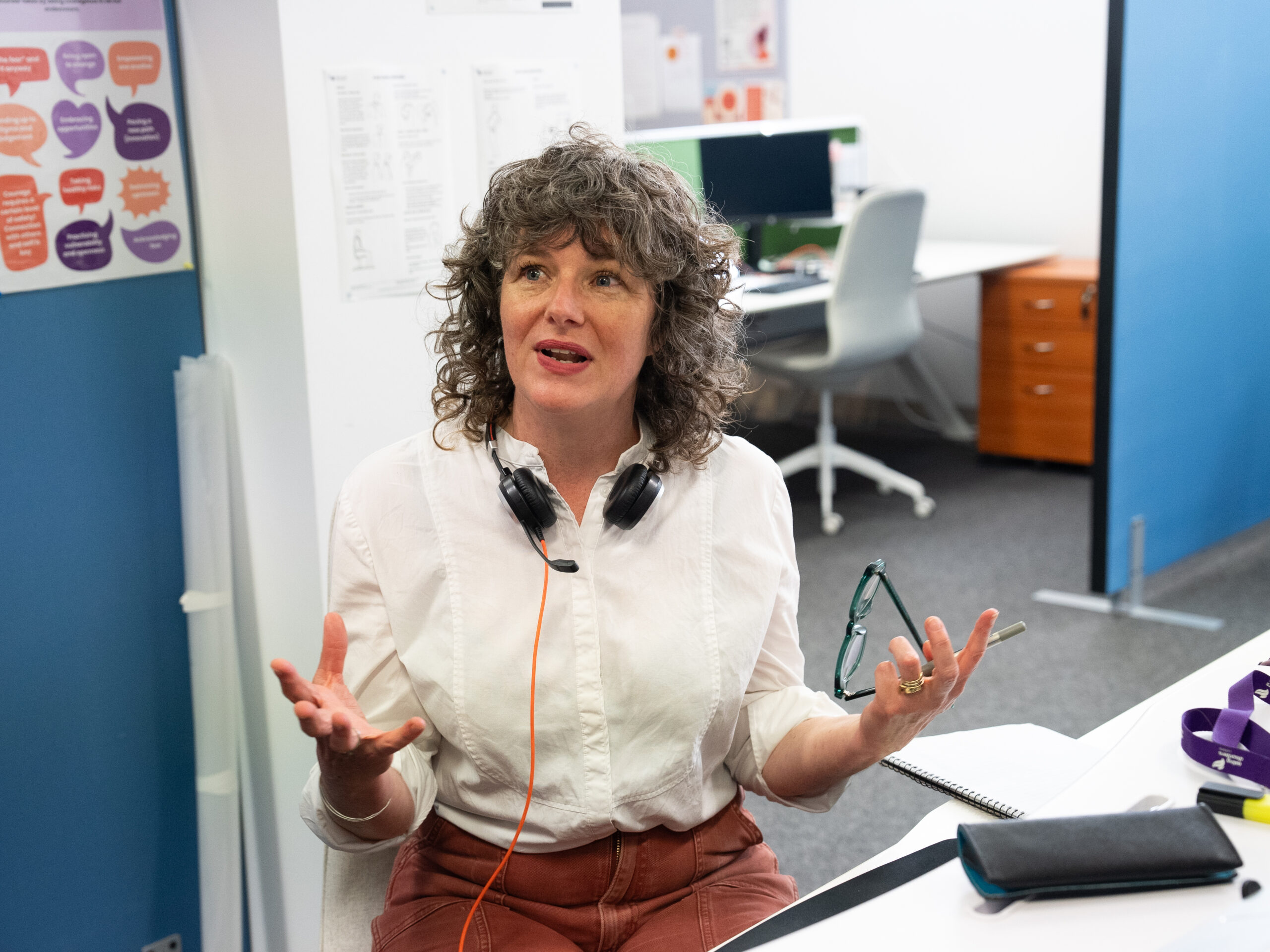This area looks at using the mental health reforms underway across Victoria as an opportunity to adopt a mental health-led response to eating disorders, at all levels of care.
For too long the mental health system has been fragmented, inequitable and frustrating. Acute treatment settings can overemphasise medical stabilisation and refeeding.
Because of this, underlying factors, co-occurring conditions, and in general the diversity of eating disorder presentations and experiences can be overlooked. In other words, a highly medicalised focus can come at the expense of mental health and wellbeing.
For clinicians to be confident in treating eating disorders, there needs to be a fundamental shift from ‘business as usual’. This focus area outlines more integrated and consistent ‘step-up and step-down’ care across the state – including specific actions for rural and regional Victoria.
Programs in this focus area which aim to reduce financial and geographical barriers to accessing services. Examples include:
- a new intensive day program in Barwon Health (Wadawurrung Land),
- 10 new Early Intervention and Integration Leads (EIILs) across the state,
- EDV’s free virtual clinical, peer and education offerings.
Other highlights include two new in-home intensive early engagement treatment programs for young people in metropolitan Melbourne, and the continuation of existing peer-led programs.
We are pleased to see the Strategy proposes a mental health-led approach which emphasises peer support and increased accessibility. This can move us towards a culture of person-centred care.

Above: EDV Counsellor Hallie. Telehealth counselling, including EDV’s service, will continue under the Strategy.

